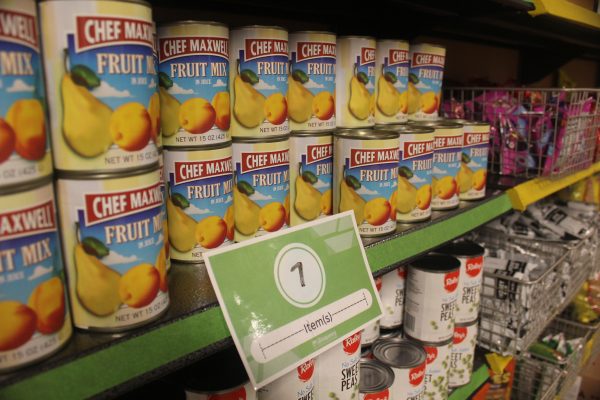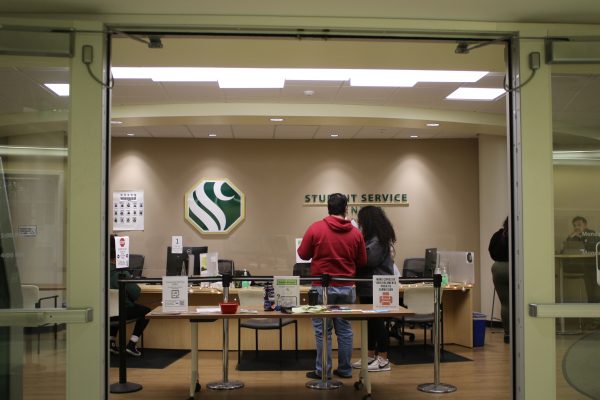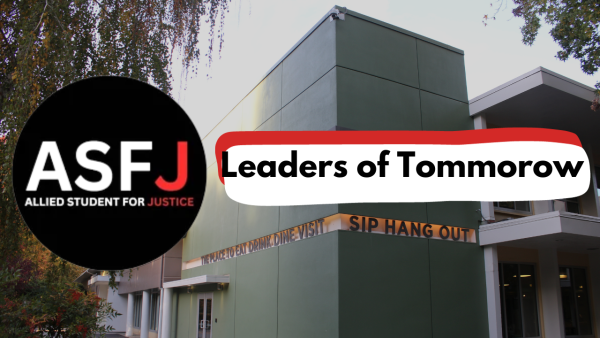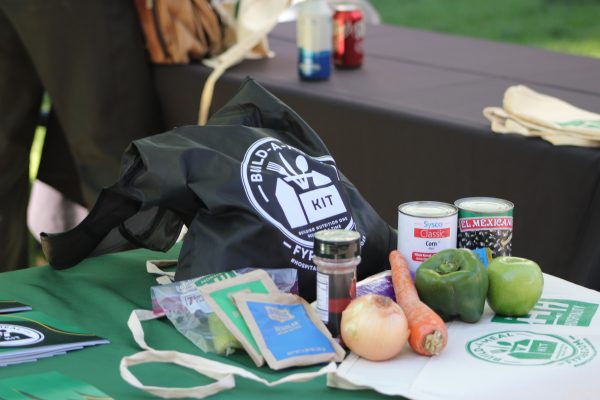Grants fund ‘Be Well’ efforts
September 12, 2012
“Be Well” is not only a friendly parting statement, but also the acronym of Sacramento State’s Best Environment for Wellness Education and Lifelong Learning.
The suicide prevention and mental wellness campaign will be primarily funded from two mental health grants Sacramento State received this summer totaling over $670,000.
The first of the two grants, the California Mental Health Services Authority, or Cal MHSA grant, was awarded in June for the amount of $371,000.
The other, the Substance Abuse and Mental Health Services Administration, or SAMHSA grant, was awarded in July as a $300,000, three-year grant from the Federal Center for Mental Health Services.
Another grant that will help the “Be Well” campaign is the Sacramento County Behavior Health contract, which is a $100,000 contract that is renewable each year. This is the first year they have had this contract.
“They all kind of intertwine because they are roughly different pieces of kind of the same larger picture of prevention and early intervention in terms of student mental health,” said Dr. Susan Taylor, program coordinator for the Cal MHSA contract.
These grants were not a solo undertaking either.
“The grants were a collaborative effort between Student Affairs, the Student Health Center, the Counseling Center and various Academic Departments,” said Dr. Lori Varlotta, vice president for student affairs.
The grants allow for a new multi-pronged, proactive and educational approach to reduce the chance of crisis and harm said Varlotta.
The campaign can be broken down into three major parts: suicide prevention training programs, the further expansion of Peer Health Education programming and the enhancement of web resources.
The Applied Suicide Intervention Skills Training, or ASIST, has already had four trainings on campus with the most recent happening the week before school on Aug. 23 and 24.
“This training will be given to a wide variety of students which could include Resident Advisors, student employees working at campus organizations and student leaders,” said Executive Director of Student Health and Counseling Services Dr. Joy Stewart-James. “In addition to students, ASIST and MHFA will be offered to faculty, staff, health care providers and others on campus.”
One way they are looking to increase awareness is through athletes, which they have already done with the Woman’s Basketball Team.
The 16 members of the women’s basketball team were each given a green silicone bracelet so if they ever see students in distress they can offer support by giving them a number and reminding them to “Be Well.”
The bracelets have the phrase “Be Well” along with the number for Counseling and Psychological Services.
The last major part of the “Be Well” campaign is improved web resources, such as the online “Student Health 101” magazine, which will help students identify fellow peers at risk.
“What you are going to see on this campus in the next month and a half to two months is a lot of information from each of these different contracts on ways to reach out,” Taylor said. “You’ll see posters, you’ll see again, a lot of outreach kinds of information that we’re just going to start flooding this campus with.”
William Miles can be reached at [email protected]









































































































































